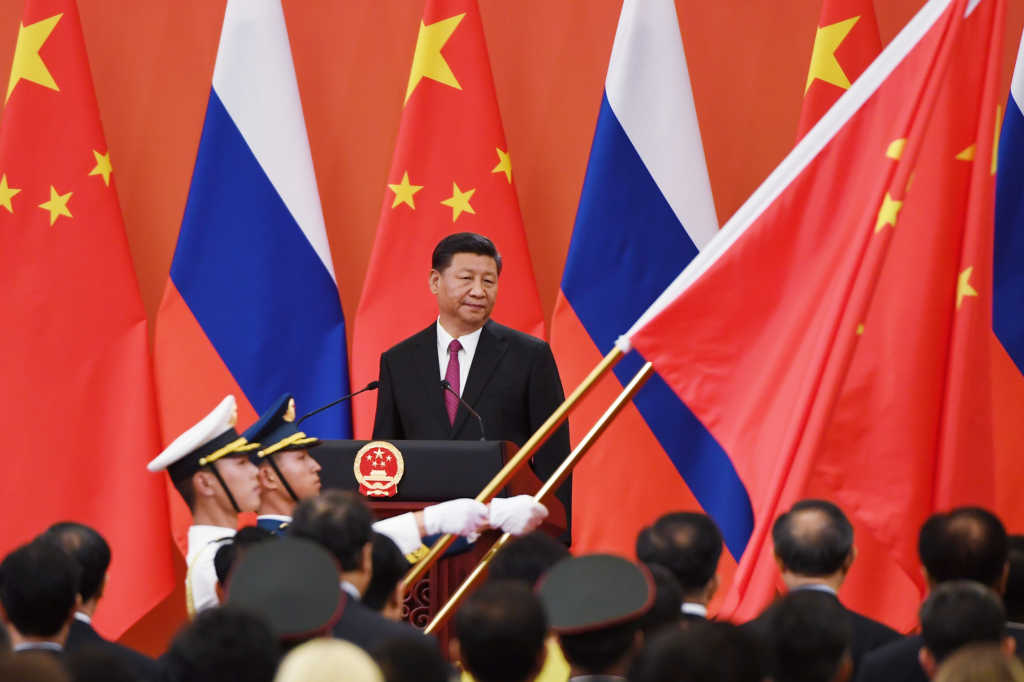China is moving its religious censorship to the next frontier: the internet.
The communist country’s State Administration for Religious Affairs (SARA) has proposed new regulations that would make conducting online church services illegal, according to AsiaNews, which first broke the story.
In order to establish a religious website, the outlet reported, those involved would have to receive express permission from the Chinese government and face judgment over whether they and their religious beliefs are “morally healthy and politically reliable.”
CHILLING: China Takes Extreme Measures to Wipe Out All Traces of Jesus, Christianity
However, upon receiving permission, they are only allowed to post materials internally, via a closed intranet. They cannot live-stream sermons or any church activities on the internet for anyone to watch.
The proposed regulations also stipulate that “such organizations cannot try to convert someone, and they cannot distribute religious texts or other material.”
SARA has told residents they have until Oct. 9 to give the repressive government public feedback on the new measures, which are intended to “regulate internet religious information service activities and maintain religious harmony and social harmony.”
‘We Hope That China Will Be Merciful’: Chinese Pastor’s American Family Plead for His Release
But according to AsiaNews, the open forum is not a good-faith effort on the part of the communist regime.
The news site reported, “They are still in draft form and await comments from the public, but as is almost always the case, the draft is in practice the final text.”
Revelations about the internet-based religious censorship comes the same week BuzzFeed News reported that the technology company is working with China on what its executives have dubbed Project Dragonfly, a censored search engine designed specifically for the Chinese market.
After learning about the controversial undertaking, a handful of Google employees quit their jobs while others signed a petition threatening to take action if the business doesn’t back out of the project.



